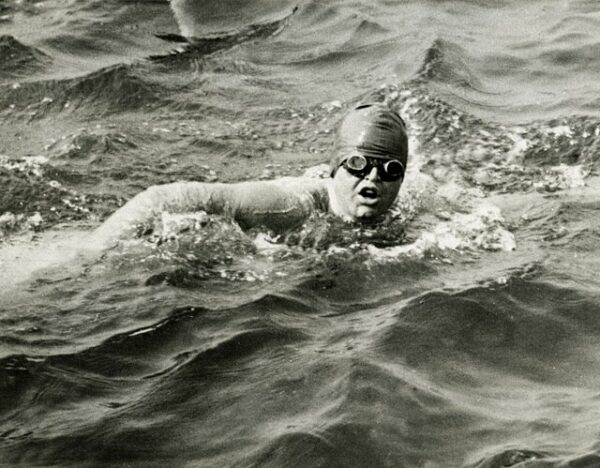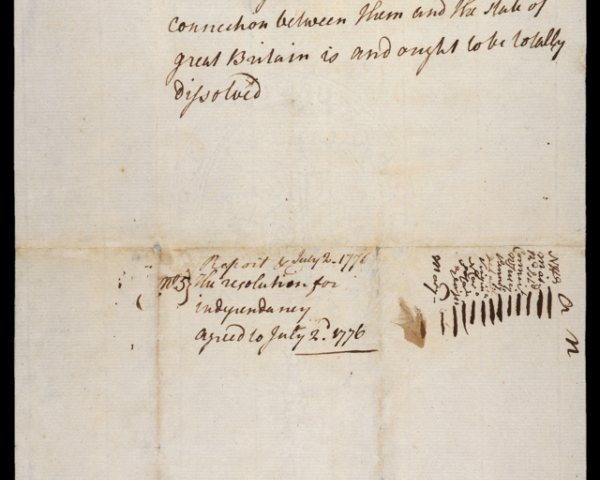On August 6, 1926, Gertrude Ederle made history by becoming the first woman to swim across the English Channel. This remarkable achievement not only shattered records but also broke gender barriers in the world of sports, proving that determination and perseverance know no bounds.
Born on October 23, 1905, in New York City, Gertrude Ederle was the daughter of German immigrants. Her passion for swimming was evident from a young age, and by her teens, she had already set multiple world records in competitive swimming. Her talent and dedication earned her a place on the U.S. Olympic team, where she won a gold medal and two bronze medals at the 1924 Paris Olympics.
Ederle’s ambition to swim the English Channel, a feat that had only been accomplished by five men before her, was fueled by her desire to push the limits of what women could achieve. The English Channel, stretching approximately 21 miles between Dover, England, and Calais, France, presented a formidable challenge due to its cold waters, strong currents, and unpredictable weather.
Ederle’s preparation for the Channel swim was rigorous. She trained extensively in both the United States and Europe, often swimming for hours in the open water to build her endurance. Her coach, Thomas Burgess, was a former Channel swimmer himself and provided invaluable guidance and support throughout her training.
On the morning of August 6, 1926, Ederle set off from Cape Gris-Nez, France, determined to conquer the Channel. She wore a two-piece bathing suit, which was unconventional for the time, and coated her body with grease to protect against the cold water. Accompanied by a support boat, Ederle began her swim under the watchful eyes of her coach, family, and journalists.
The swim was far from easy. Ederle faced choppy seas, strong currents, and fatigue. At times, the rough conditions caused her to drift off course, extending the distance she needed to swim. Despite these challenges, Ederle’s resolve never wavered. She maintained a steady pace, driven by her goal and the encouragement from her support team.
After 14 hours and 34 minutes in the water, Ederle reached Kingsdown, England. Her successful swim not only made her the first woman to cross the Channel but also set a new record time, surpassing the previous record held by a man. The world celebrated her achievement, and she was hailed as a hero both in Europe and back home in the United States.






